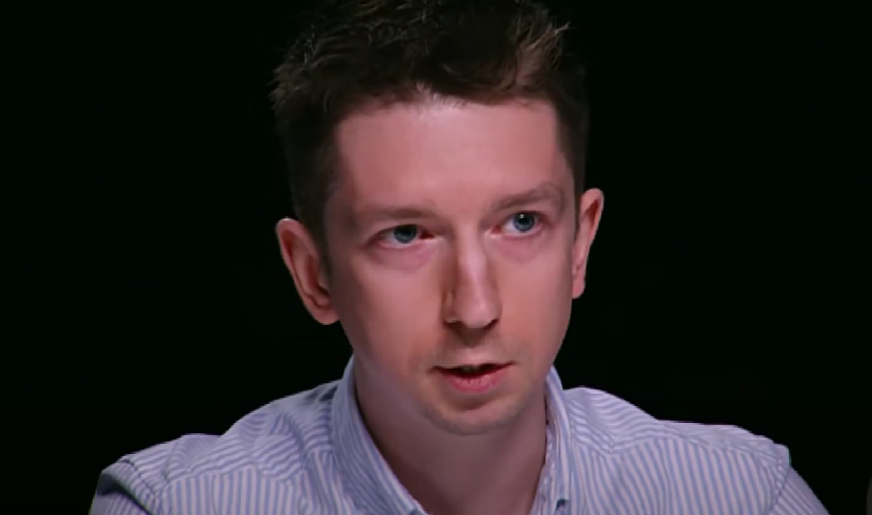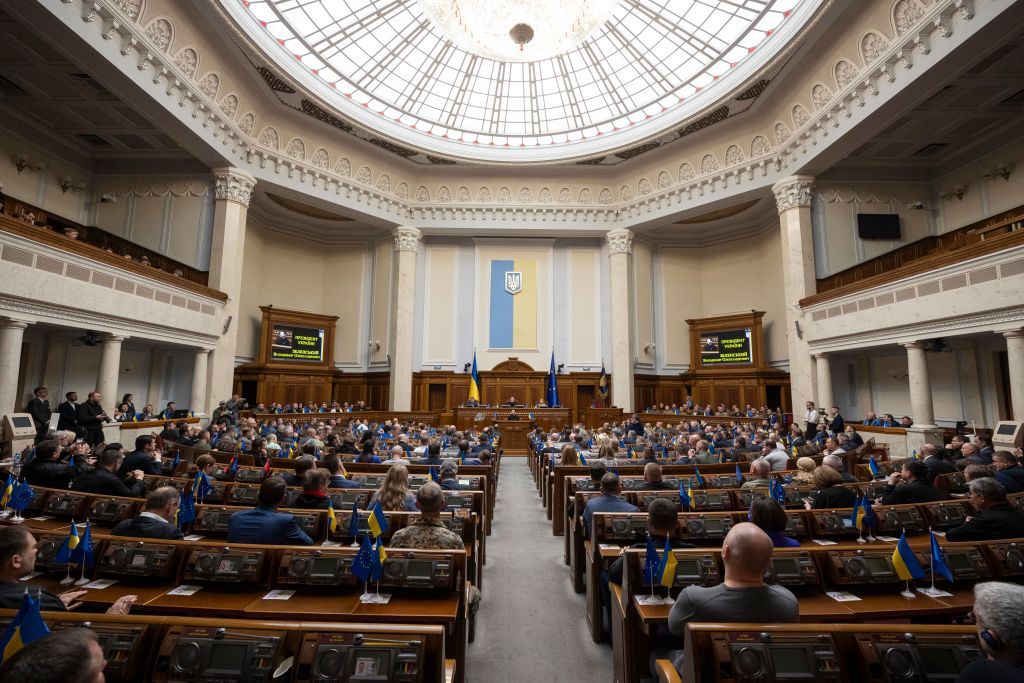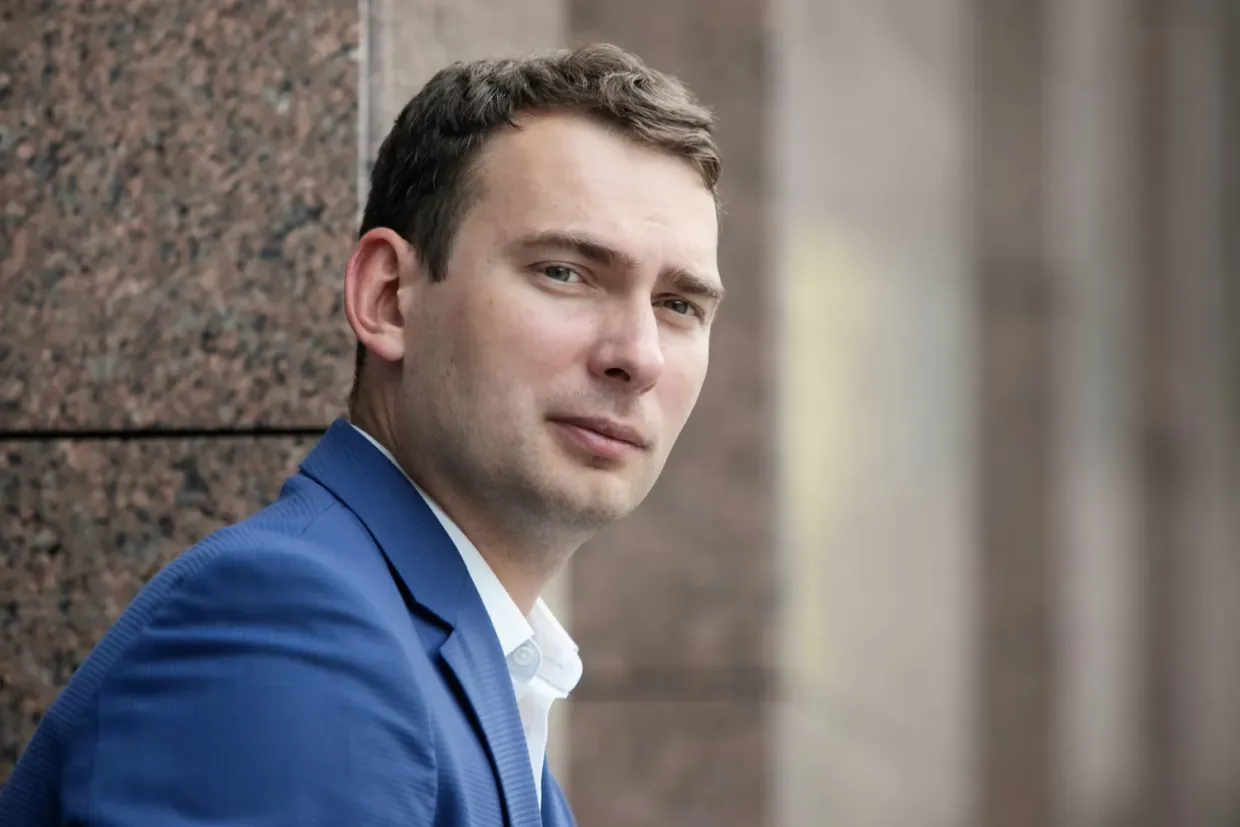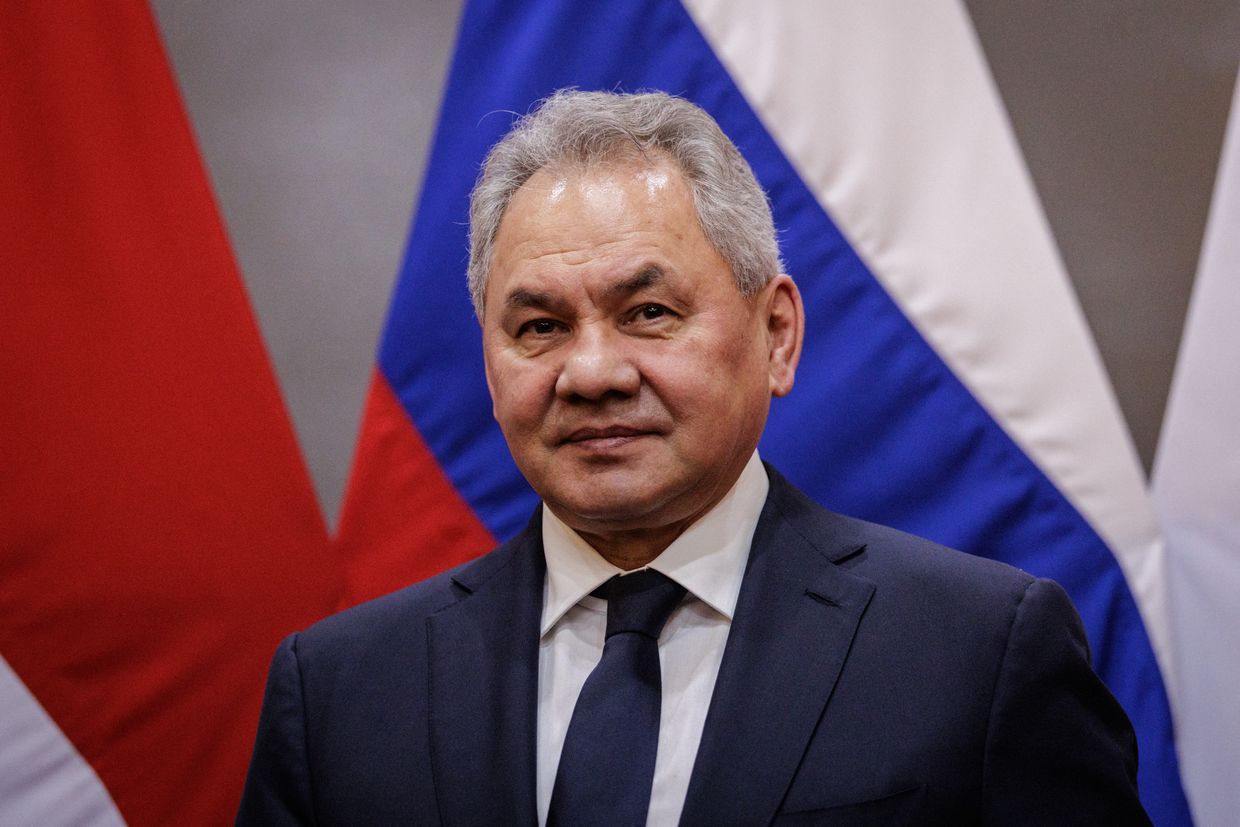Editor’s note: This is issue 77 of Ukrainian lawmaker Yaroslav Zhelezniak’s weekly “Ukrainian Economy in Brief” newsletter, covering events from Oct. 7- Oct. 13, 2024. The digest highlights steps taken in the Ukrainian parliament related to business, economics, and international financial programs.
The Kyiv Independent is republishing with permission.
Benchmarks and soft commitments in the memorandum with the IMF
The parliament adopted in the final reading the draft law on tax increase.
On Oct. 10, the Verkhovna Rada, Ukraine's Parliament, adopted in the final reading draft law #11416-d to increase taxes.
However, one key amendment which included all major suggestions from the Tax Committee was rejected during the voting. Particularly the norm which enables the draft law to come into force retrospectively from October 1. For example, it seems that the increase of military levy will be applied only after the draft law is signed and published that will decrease expected revenues from its adoption.
The draft law also provides in 2024 50% of income tax for banks as a windfall tax, although the NBU, the IMF, and the Finance Ministry were against this.
During the revision, lawmakers slightly relaxed the burden of the law by saving the military levy at 1.5% for military service people.
Overall, the draft law is expected to bring around Hr 25-30 billion ($600–700 million) of additional budget revenues this year and Hr 150-160 billion ($3.6–$3.9 billion) in 2025.
After the adoption, some of the lawmakers submitted 13 resolutions to cancel the decision of the parliament. However, on Oct. 14, the Rada rejected all resolutions and unblocked the opportunity for the speaker to sign the draft law. It has been already sent to the Office of the President for signing.
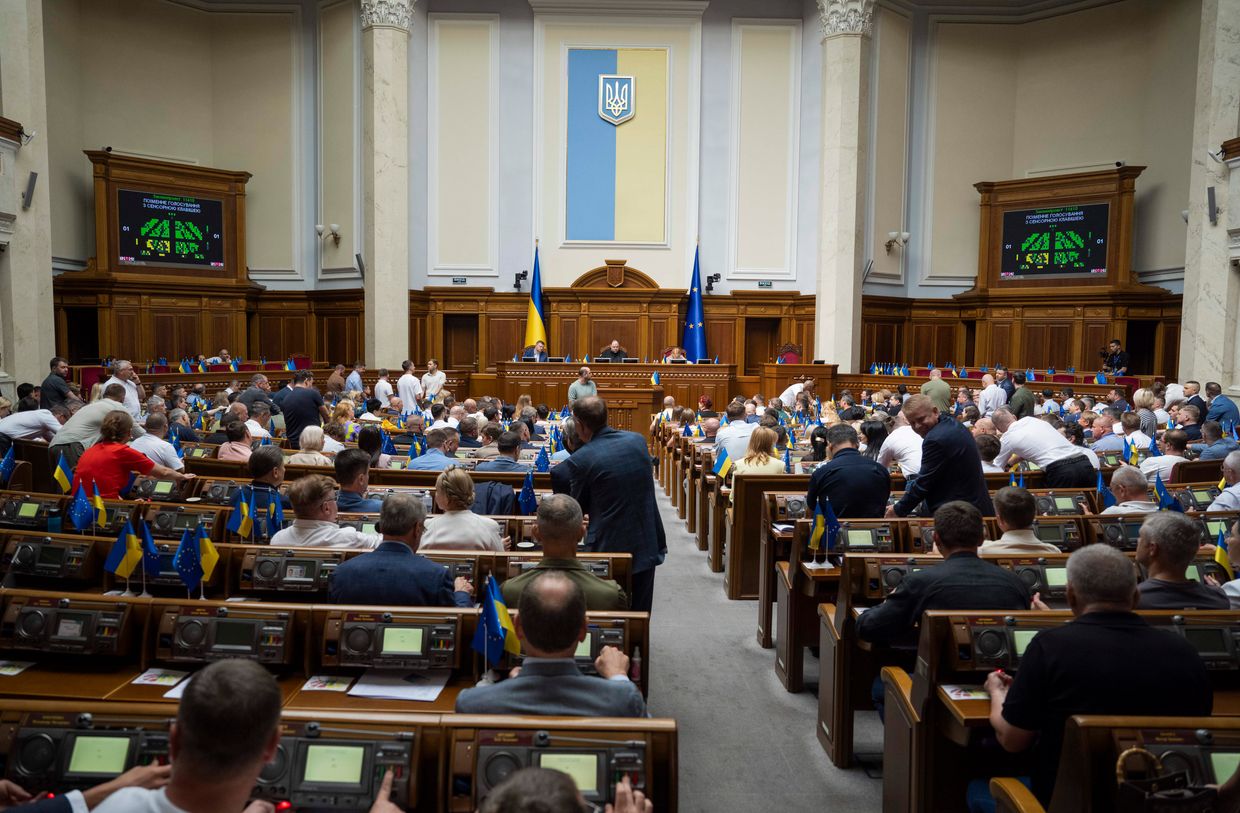
Obligations to the EU
The Parliament adopted a draft law needed to fulfill the obligation to increase the number of the HACC’s members.
The Verkhovna Rada adopted in the final reading draft law #11426 to prolong the mandate of the Public Council of International Experts (PCIE) which will vet candidates to the High Anti-Corruption Court (HACC) till the end of selection process but no later than Nov. 1, 2025. This step is needed given the PCIE’s expiry in October 2024, as more time is needed to finish the ongoing selection process of new HACC judges.
The adoption of the draft law implements the EU recommendations, soft commitments to the IMF and will make a necessary step for Ukraine to be able to fulfill the obligations of the Ukraine Facility to increase the number of HACC’s members (with the deadline set for the first quarter 2025).
The Parliament considered two draft laws required by the Ukraine Plan.
Last week the Verkhovna Rada adopted in the final reading draft law #11310 on the basic principles of state climate policy which is one of the obligations under the Ukraine Facility financial mechanism.
Moreover, the Parliament adopted in the first reading the resubmitted revised draft law on plea agreements #12039. The new draft was supported by SAPO and NABU.
The new provisions of the draft law allow for a shorter prison term than currently required in case of cooperation with the investigation through exposure of accomplices and compensation for damage. For example, five years of imprisonment instead of eight years. At the same time, the court will be able to determine a large fine up to Hr 102 million ($2.4 million) as an additional punishment and confiscate the property. What is important, that this mechanism can’t be applied as a general rule to organizers of corruption schemes, with the exception of cases in which such an organizer exposes another organizer.
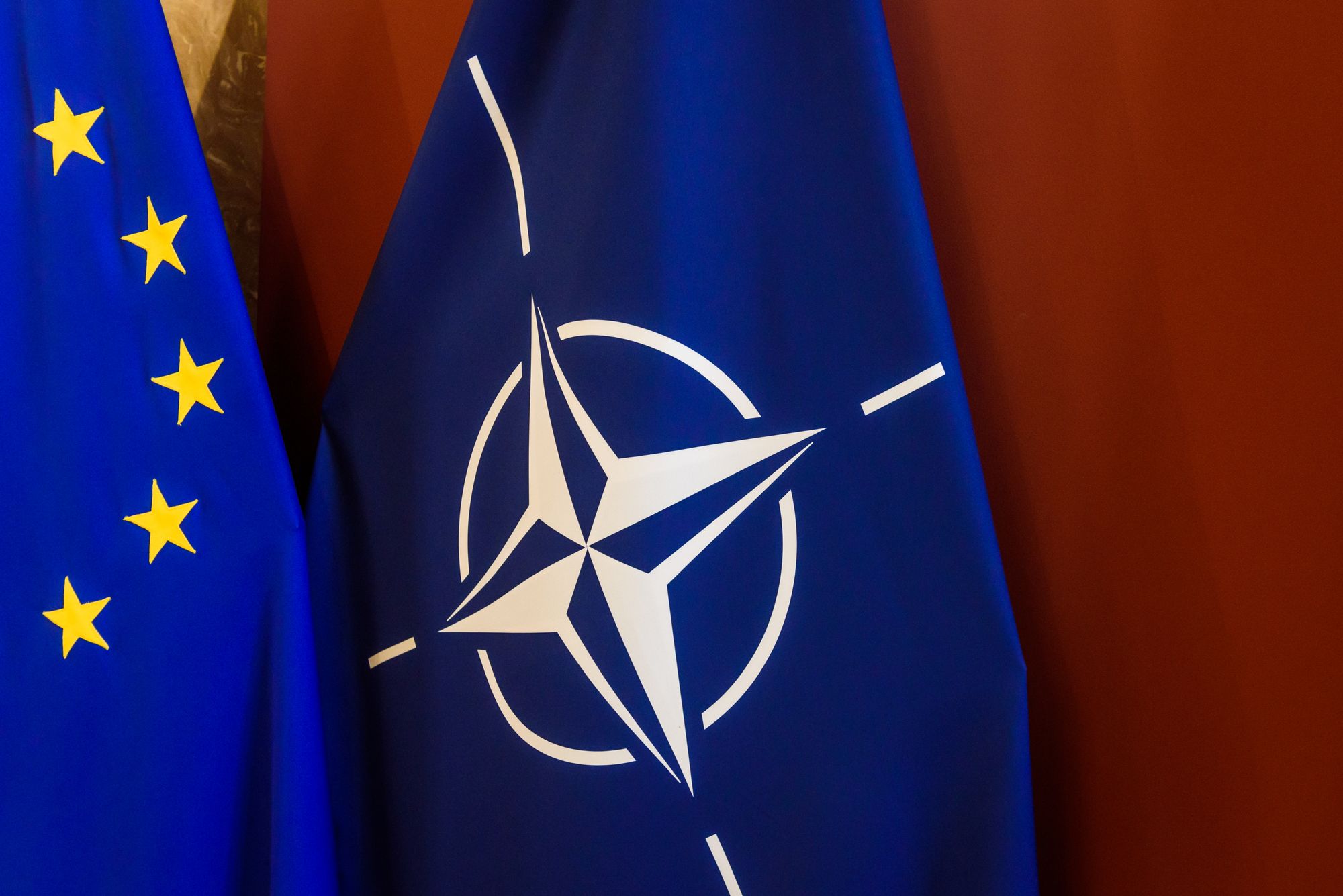
Other key issues
Ukrainska Pravda reports systematic pressure from the Presidential Office.
Last week, one of the key independent Ukrainian media outlets Ukrainska Pravda released an official statement to report the ongoing and systematic pressure of the Presidential Office on the editorial team and certain journalists of Ukrainska Pravda.
In particular, the media accused the office of blocking officials from communicating with Ukrainska Pravda journalists and participating in events; pressure on businesses to stop advertising cooperation with Ukrainska Pravda; openly emotionally-charged communication between President Volodymyr Zelensky and Ukrainska Pravda journalist Roman Kravets during the public press conference.
